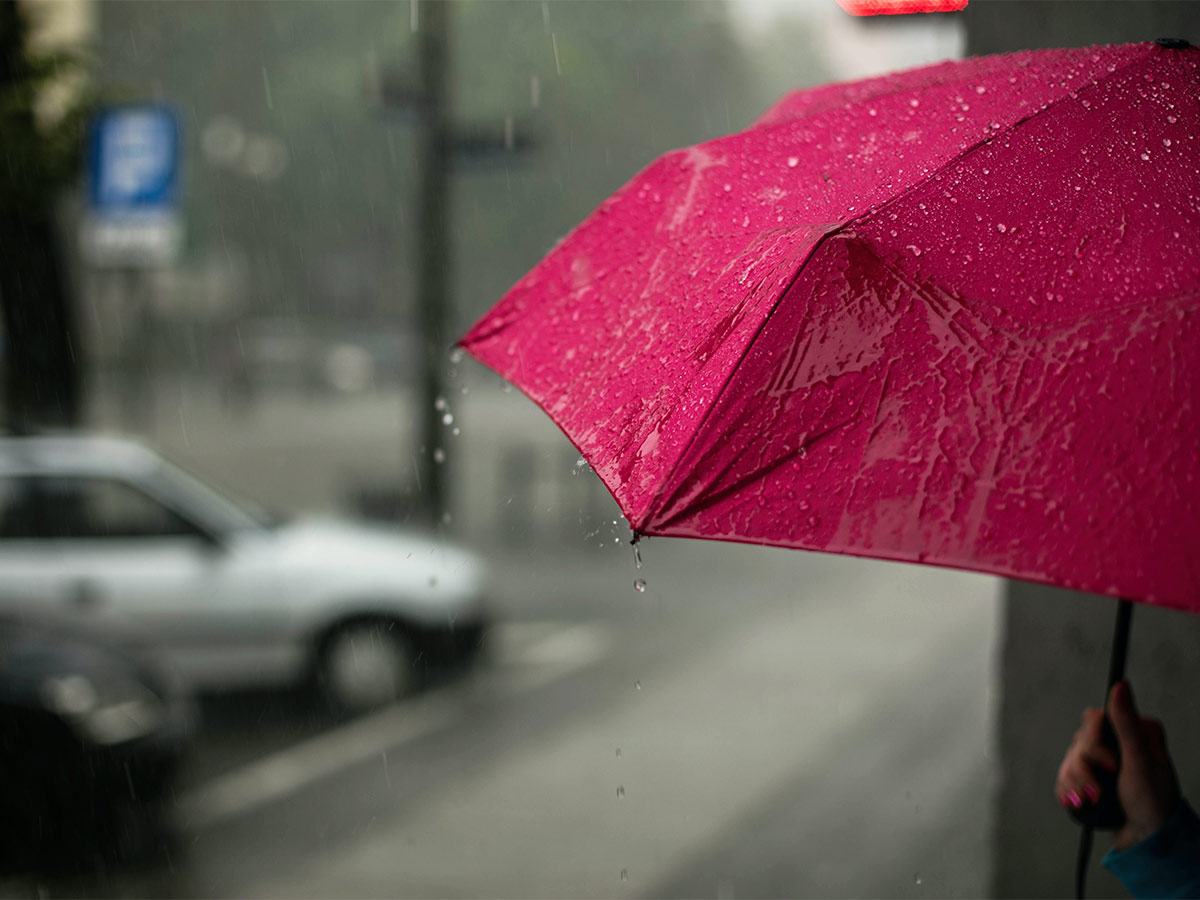Solar panels have become an increasingly popular choice for sustainable energy solutions in the United Kingdom, harnessing the power of sunlight to generate electricity. However, one common question that often arises is, “What happens to solar panels when it rains?” In this blog post, we’ll explore the impact of rain on solar panels.
The Impact of Rain on Solar Panels
Contrary to common misconceptions, rain actually benefits solar panels in several ways. Rain helps to keep the surface of the solar panels clean by washing away dust, dirt, and other particles that may accumulate over time. A study conducted by the Solar Energy Society found that regular rainfall can contribute to an increase in solar panel efficiency by up to 5% due to the cleansing effect it has on the panel surfaces.
Furthermore, rain plays a crucial role in enhancing the overall performance of solar panels by cooling them down. Solar panels tend to operate more efficiently at lower temperatures, and rain helps dissipate excess heat, preventing the panels from overheating during prolonged exposure to sunlight. A report from the National Renewable Energy Laboratory (NREL) highlights the positive correlation between temperature and solar panel efficiency, emphasising the importance of temperature management for optimal performance.
Water-Resistant Design and Durability
Solar panels are designed to withstand various weather conditions, including rain. The UK experiences a considerable amount of rainfall throughout the year, making it essential for solar panels to be water-resistant and durable. According to the Solar Trade Association (STA), solar panels undergo rigorous testing to ensure they meet industry standards for waterproofing and durability in diverse weather conditions.
The materials used in the construction of solar panels, such as tempered glass and corrosion-resistant frames, are chosen to withstand exposure to rain, ensuring the longevity and reliability of the solar panel system. Additionally, reputable solar panel manufacturers often provide warranties that cover the performance and durability of their products, offering customers peace of mind in the face of various weather challenges.
Maintaining Efficiency During Cloudy Days
While rain itself does not hinder the performance of solar panels, cloudy days that often accompany rain can impact the amount of sunlight reaching the panels. However, advancements in solar technology have led to the development of panels that can still generate electricity in low-light conditions. A study by the Department for Business, Energy & Industrial Strategy (BEIS) emphasises the adaptability of modern solar panels to variable weather patterns, ensuring a consistent power supply even during less sunny days.
Conclusion
In the UK, where rain is a frequent visitor, solar panels continue to prove their resilience and efficiency. Rainfall not only cleanses the panels but also contributes to their overall performance. The robust design and water-resistant features of solar panels, coupled with advancements in technology, make them a reliable and sustainable energy solution for the UK’s diverse weather conditions. So, the next time it rains, rest assured that your solar panels are hard at work, harnessing the power of the sun, even on cloudy days.
